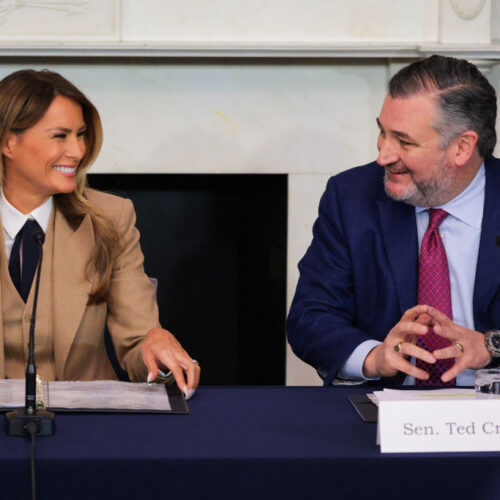Largest deepfake porn site shuts down forever
The most popular online destination for deepfake porn shut down permanently this weekend, 404 Media reported.
"Mr. Deepfakes" drew a swarm of toxic users who, researchers noted, were willing to pay as much as $1,500 for creators to use advanced face-swapping techniques to make celebrities or other targets appear in non-consensual pornographic videos. At its peak, researchers found that 43,000 videos were viewed more than 1.5 billion times on the platform. The videos were generated by nearly 4,000 creators, who profited from the unethical—and now illegal—sales.
But as of this weekend, none of those videos are available to view, and the forums where requests were made for new videos went dark, 404 Media reported. According to a notice posted on the platform, the plug was pulled when "a critical service provider" terminated the service "permanently."


© Marco_Piunti | E+


